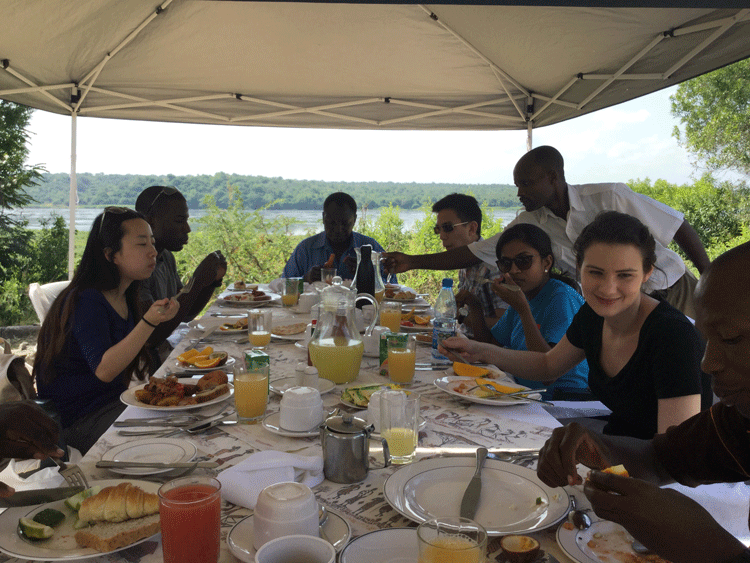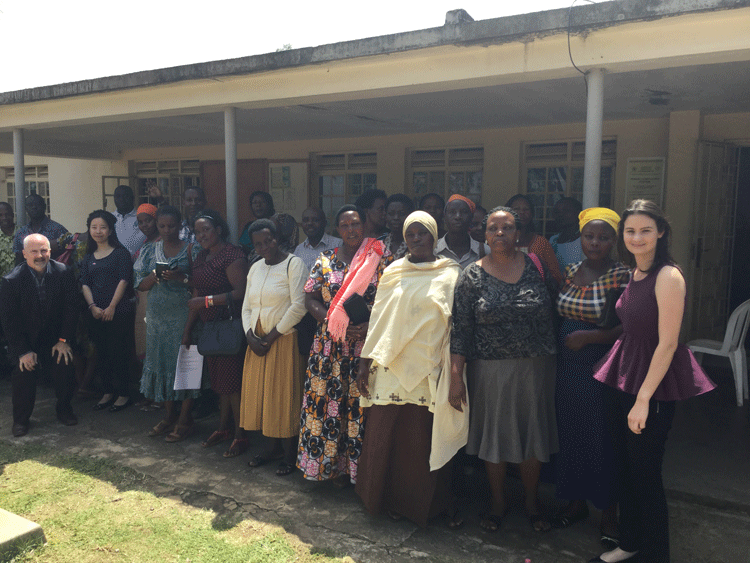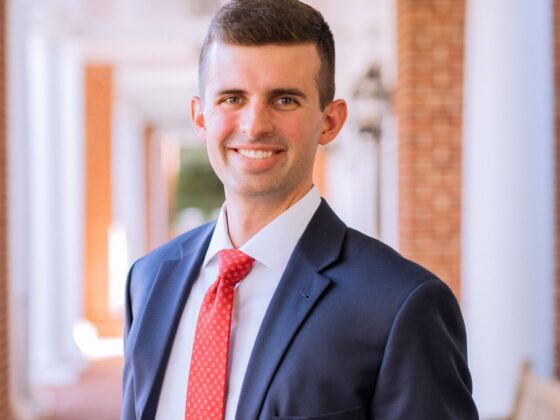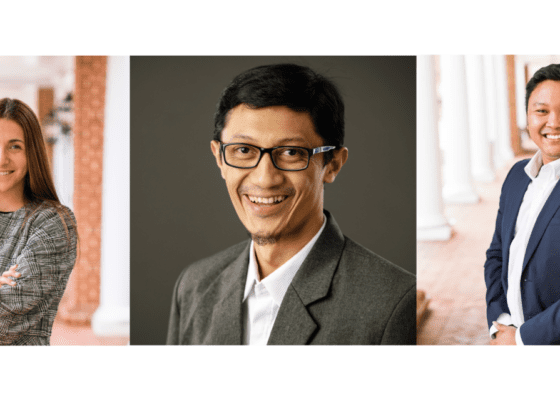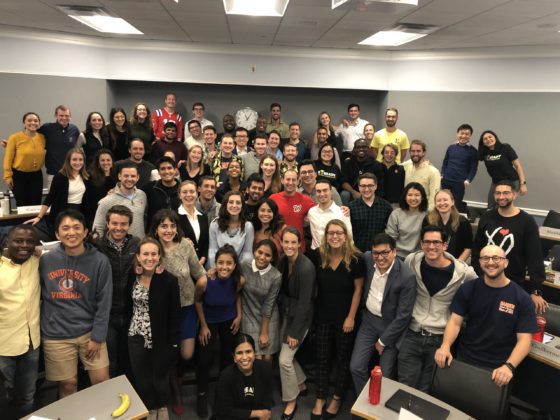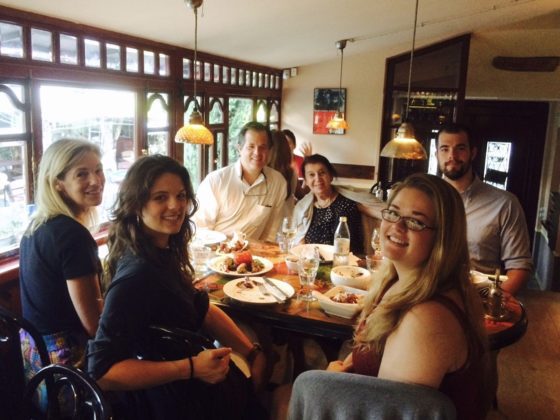Last December, two teams of Darden students spent almost two weeks in Mbarara, Uganda as a part of their Global Consulting Project Course offered at Darden. The Global Consulting Projects (GCPs) give small teams of students the opportunity to provide consulting services to an international company or organization while working closely with a Darden faculty member. These projects provide students with hands-on experience in global business by working with clients from different countries and cultures and learning to navigate virtual work teams across international borders. One student who worked on a project this fall noted that participating on a project team “highly impacted my confidence level. I have an international background, but it was nice to learn how business are conducted in a completely new cultural context that is very different from my home country as well as the U.S.”
Global Consulting Projects are sourced each fall and spring by the Center for Global Initiatives. Darden Professor Tim Laseter teaches a series of workshops designed to lead the project teams through the consulting process and to offer support along the way. Some companies that the teams work with offer projects regularly, while others offer opportunities on an as-needed basis. Last fall, Darden students also visited Mbarara, Uganda and worked on projects for Nile Breweries, Ltd. and the Institute of Management Science at Mbarara University of Science and Technology. Christine Thach (MBA ’16) shared how the combination of the organization itself and the location led to her interest in working with the client in Uganda.
This fall, three Darden students worked with Mbarara University of Science and Technology (MUST) to benchmark, evaluate and strategize the university’s alumni engagement plans. The onsite visit in December allowed the students to conduct additional research and to present their findings to MUST administrators directly. One of the students on the team shared that the most meaningful aspect of the project was “actually seeing the sites and meeting the clients face-to-face. It made it a lot easier to understand the cultural norms of the country and the challenges that the client was currently facing.” Solomon Agum, the client contact at MUST reported that the team “provided opertionalizable approaches to alumni engagement that have been presented to management. Steps are now being taken to implement some of these suggestions.”
The second Uganda team worked with the Mbarara Municipal Council on their efforts to manage and mobilize community-based entrepreneurial ventures. Sewante Muhammad Kaliphan, town clerk from the Kamukuzi Division of Mbarara, shared, “After the interactions with the Darden team of students, we adopted their recommendations and a series of meetings are being conducted to mainstream their ideas . . . All of the groups have agreed to work together and bookkeeping-related issues are being emphasized.”
This spring, 28 Darden students will head to Uganda for a new Darden.Worldwide Course offering. This course, entitled “Health Care, Education and Entrepreneurship: A Foundation for Rapid Growth in Uganda”, will take place in both Mbarara and Kampala.
